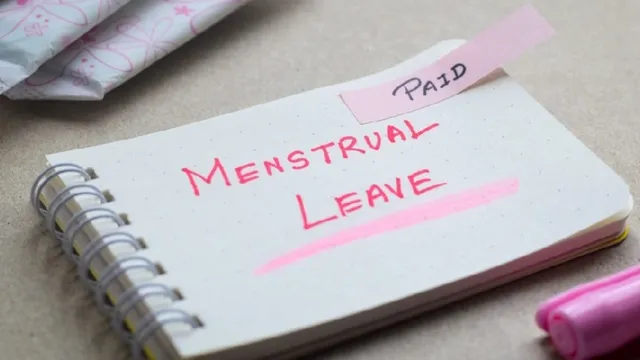Karnataka has introduced paid menstrual leave for women in formal employment, becoming the first Indian state to extend such a policy to both government and private sector workers.
The move is seen as a significant step in workplace rights, although it has reignited long standing debates over gender equity and social attitudes toward menstruation.
Under the new rules, women aged 18 to 52 can take one day of menstrual leave per month without providing a medical certificate. The leave cannot be carried forward.
The policy covers an estimated 350,000 to 400,000 women in formal work but excludes millions in the informal sector, including domestic workers, gig workers and daily wage earners.
Campaigners and labour experts argue that true progress will require protections for women outside formal employment. Still, the decision is being viewed as a landmark because it includes private companies regardless of job type or contract status.
Menstrual leave has precedent globally. Spain, Japan, South Korea and Indonesia offer some form of it, while Indian states such as Bihar, Odisha and Kerala have limited schemes for government or academic staff. In Karnataka, however, the extension to the private sector sets it apart.
Supporters say the policy provides dignity and relief to women who endure severe menstrual pain and often cannot afford to lose pay. Santosh Lad, the state labour minister, described it as one of the most progressive measures enacted for working women.
Yet cultural barriers remain. Many women say discussing menstruation openly still carries stigma, making it difficult to request leave. Others argue that women have achieved senior positions without such provisions and fear the policy might reinforce gender bias.
Academics and activists counter that normalising menstrual leave could help dismantle social taboos. Advocates say the next challenge is shifting attitudes so that women do not feel shame or hesitation in using the right they have been granted.



















